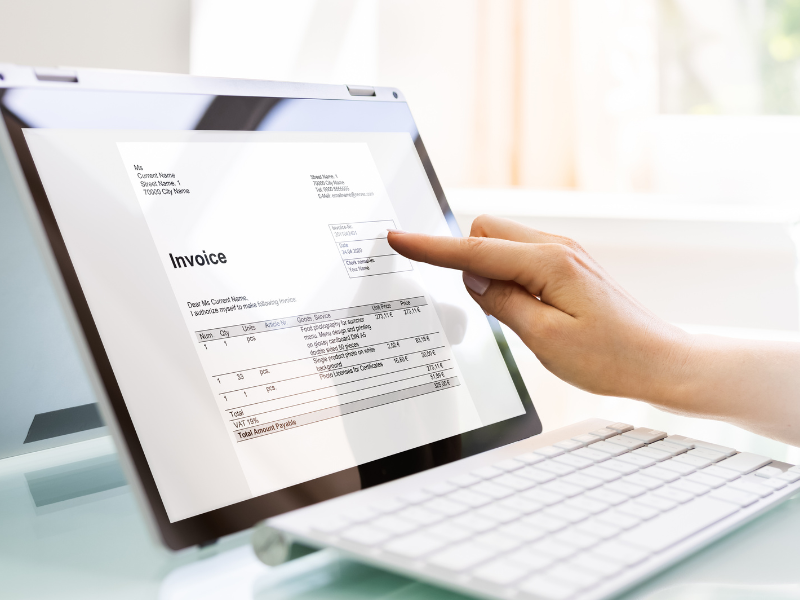Definition
Invoice factoring is a financial service in which a company sells its accounts receivable (invoices) to a third-party provider (called a factor) in exchange for immediate cash. The factor assumes the responsibility of collecting payment from the company’s customers. The company receives a percentage of the invoice value, usually between 70-90%, as an advance payment, with the remaining balance paid after the factor collects payment from the customer. Invoice factoring can provide a quick source of cash for a company, especially when it has a lot of outstanding invoices and limited working capital.

In What Ways Does Invoice Factoring Works?
- A company that has outstanding invoices (accounts receivable) sells them to a factoring company for immediate cash.
- The factoring company checks the creditworthiness of the company’s customers and the validity of the invoices to determine the amount of the advance payment.
- The company receives a percentage of the invoice value, typically between 70-90%, as an advance payment from the factoring company.
- The factoring company takes over the responsibility of collecting payment from the company’s customers.
- Furthermore, when the customers pay the invoices, the factoring company deducts its fees and any other charges and sends the remaining balance to the company.
Ordinarily, invoice factoring can help a company with limited working capital access quick cash and improve its cash flow by turning its outstanding invoices into immediate cash. The factoring company assumes the risk of collecting payment from the company’s customers, freeing up the company’s resources to focus on other aspects of its business. Besides, it is useful financial tool for companies that need to improve their cash flow and receive quick access to working capital.

